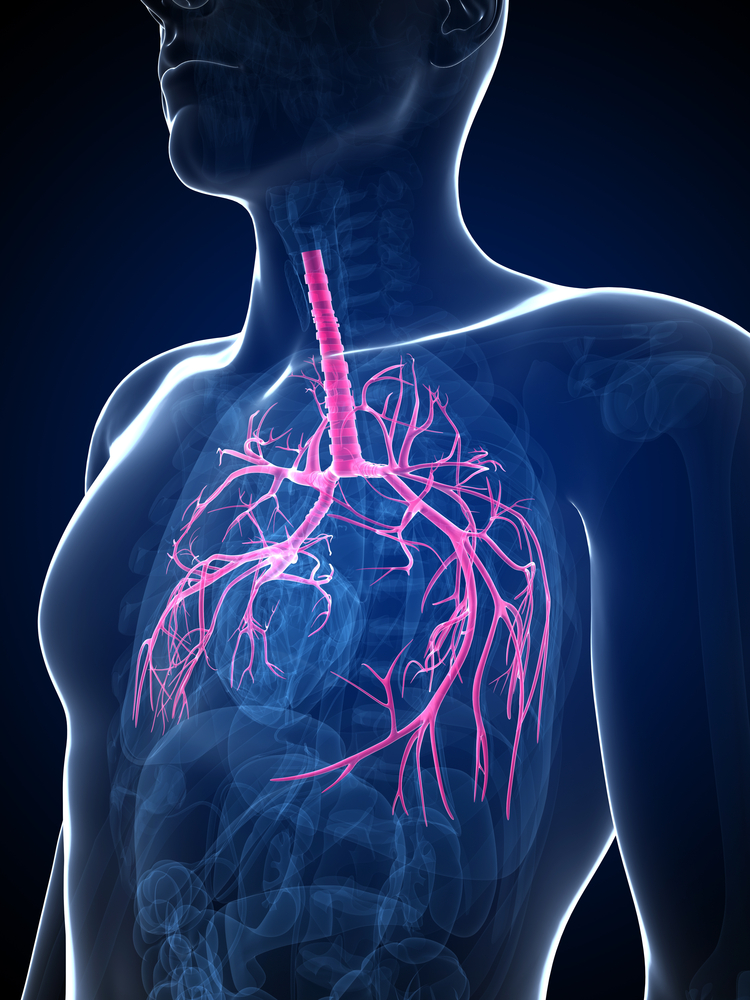Treatment with RCI May Protect Against Prednisone-Induced Lung Damage
Written by |

Treatment with repository corticotropin (RCI), such as Acthar Gel, may protect the lungs from prednisone-induced damage and improve the outcome in patients with symptomatic pulmonary sarcoidosis, according to results of a clinical trial (NCT02188017).
The findings, “Repository Corticotropin For Chronic Pulmonary Sarcoidosis.” were published in the journal Lung.
The main approach for the long-term treatment of patients with symptomatic pulmonary sarcoidosis is using anti-inflammatory drugs such as corticosteroids. However, prolonged use of such drugs may be associated with significant toxicity.
Optional treatments include other agents with toxic cell effects, such as methotrexate and azathioprine, as well as the biologic agent infliximab. Some studies have investigated the role of RCI in patients receiving corticosteroid treatment with prednisone.
“In some conditions, the use of repository corticotropin (RCI) has been found to be similar or more effective than oral corticosteroids, with less toxicity,” researchers wrote. “However, the dose of RCI and need for a loading dose in patients receiving chronic corticosteroids were unclear. Since toxicity may be dose-dependent and the drug is expensive, a reduction of dose may have significant impact on its use.”
To investigate this matter, researchers compared two doses of RCI in advanced pulmonary sarcoidosis patients receiving prednisone. They then evaluated whether RCI protected the lungs against prednisone, and its effects on pulmonary function, chest imaging, and health-related quality of life in advanced pulmonary sarcoidosis.
Enrolled patients included those on prednisone treatment with a FVC% loss (a measure of respiratory capacity) of 5% in the previous year. RCI was administered subcutaneously at an initial dose of 80 units for 10 days. After 14 days, patients were randomized to receive either 40 units (eight patients) or 80 units (eight patients) twice a week, up to week 24 of the study.
According to the authors, 16 patients completed the 24 weeks of treatment. Results showed that by study’s end, the dose of prednisone had decreased and several parameters improved, including DLCO (a measure of gas exchange in the lungs), King’s Sarcoidosis Questionnaire health status and fatigue score. The FVC% predicted was not altered.
Importantly, patients presented a significant decrease in lung lesions. Also, only three patients (out of eight) were kept on the highest dose of RCI for the full study. There was no significant difference in the response to therapy for those treated with 40- or 80-unit RCI.
“[W]e found that RCI was associated with a significant reduction of prednisone dosage,” researchers wrote. “The reduction in prednisone dose may have been related to the glucocorticoid effect of RCI. Treatment with RCI was associated with a significant improvement in pulmonary function and chest imaging. RCI therapy was associated with improved health-related quality of life and less fatigue. The use of 40 units of RCI twice a week was not inferior to 80 units of RCI.”





